When sophomore Grace Barnes was 5 years old, her mom, Stephanie Barnes, who is a teacher at Creekside Middle School, was diagnosed with melanoma, a type of skin cancer.
“She had melanoma and (with) that, she has had a lot of problems with her skin and different forms of skin cancer,” Grace said. “She has had to have multiple surgeries and has had 20 something moles removed from her body.”
Grace said that was not the only time her mom was diagnosed with cancer.
She said, “She hasn’t had (cancer) again as bad as it was the first time, but she has had it again. She didn’t go through chemo or radiation recently, but she’s had it multiple times. (She has had) surgery.”
Grace is one of many children with a parent who has or once had cancer. According to the American Academy of Child and Adolescent Psychiatry, almost 3 million children in the United States have a parent who has or once had cancer.
For Grace’s part, she said she didn’t find out about her mom’s diagnosis until after she had recovered.
She said, “Well, the first time she had the melanoma, I didn’t know until after she already had melanoma. (Around) late elementary (or) early middle school is when I found out about my mom having it, even though I was really young when she (actually) had it.”
Mrs. Barnes said she chose to not tell her children about her cancer since they were young at the time.
She said, “We really didn’t even talk to the kids about it initially because we knew that I would have the surgery and that the surgery will probably take care of everything. Lincoln (Mrs. Barnes’s son) was very little. Lincoln was one and a half and Grace was like 5.
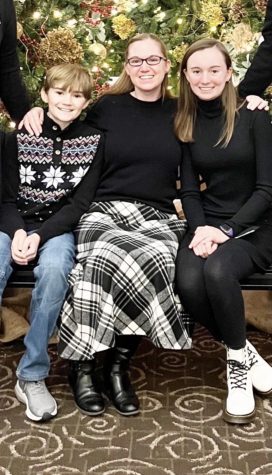
“We didn’t talk to them about it until after I had my surgery and we knew I was in recovery,” she added. “We didn’t actually talk about cancer itself, we just explained to them that I had been sick and that I needed to have surgery and that I took some time off work. When they got a little bit older, we talked to them about what had happened.”
While having a parent with cancer is not uncommon, what makes Grace’s experience more unique is the fact that cancer runs in her family. The National Cancer Institute estimates that up to 10% of cancers may be caused by inherited genetic mutations.
With that understanding, Mrs. Barnes said she started getting screened after her mom was diagnosed with melanoma.
“My mom had melanoma when I was 19 years old,” Mrs. Barnes said. “Because of that, she started taking me to get screened. The screening showed that I had a lot of melanin in my skin so a lot of moles and freckles and things of that nature. Through those checks, when I was 30 years old, they found melanoma on my back. Then, my mom a few years after that got breast cancer. Through a long line of history with my mom and with me and our struggles with different forms of cancer, we had genetic testing.”
Through genetic testing, Mrs. Barnes said she found out she had a gene mutation, causing the sun-defense part of her skin to be missing and making her prone to skin cancer.
She said, “We found that we carry the skin cancer and pancreatic cancer gene. That CDKN2A (gene) is a very rare gene mutation but it is passed down through families and your children have a 50% chance of having the gene if you yourself have the gene. I could have passed it on to both of my children.”
Mrs. Barnes said she and her husband are allowing Grace and her brother to choose for themselves if they would like to undergo genetic testing.
“It’s something that we’re going to let them decide when they’re ready to be tested for that—when they become adults,” Mrs. Barnes said. “It’s expensive (to test). It’s not something that’s covered by insurance.
For now, Mrs. Barnes said she and her children take precautionary measures to prevent skin cancer.
She said, “(My genetic counselor) recommended that if there would be no change in the course of our prevention that genetic testing wasn’t needed so that’s what we’re doing right now. We’re doing all the precautionary measures we would do even if they had the gene. But to add that weight to their shoulders and whatnot, we just feel like we don’t need to do that right now at their age.”
For example, Grace said she regularly goes to the dermatologist and gets thorough checkups.
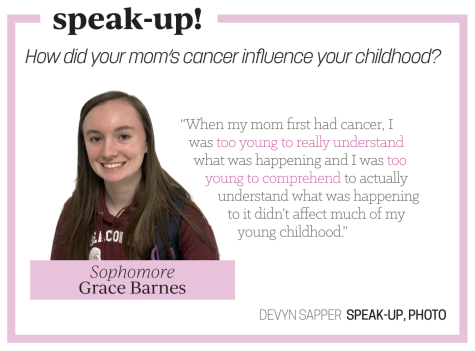
Grace said, “I started going to the dermatologist from a very young age. I’m a lot more cautious about my skin (and) the products I use on it. (Although) I wear sunblock and all of those things, I can’t be out in the sun for a very long time. I’ve become a lot more aware about skin cancer.”
Mrs. Barnes added to this and said the checkups can be uncomfortable but are ultimately for their own safety.
“The dermatologist usually focuses on your face, like a teen might go to the dermatologist for acne or eczema or something like that,” she said. “My kids have to have a full body scan. They have to have a doctor look at all the crevices of their skin. My kids have to use lots of sunscreen (and) go through body scans. Not a lot of kids have to do that.”
Mrs. Barnes said she felt a lot of guilt when she found out her children could inherit the mutation. She said she feels more wary about getting cancer because she has kids.
“I felt a lot of guilt when I had my genetic testing and found that I had a gene that I knew I had a 50% chance of passing on to my kids. That doesn’t feel good as a parent,” she said. “The first time (I had cancer) I was really scared. Now with my scans, even if they found something I don’t get super worried about it because I know that I take good care of myself and if we found something that it’s going to be early. I’m just kind of used to it but definitely think more about (protecting myself) because I have kids.”
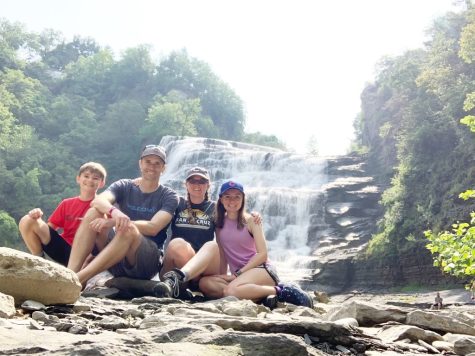
Meaghan Wiggins, clinical health coordinator at Cancer Support Community, said the feeling of guilt is something she often sees in cancer patients.
“There’s this idea that they somehow had control over the cancer and how it would’ve played out for them,” she said. “(So, we) remind themselves to feel grace and to be forgiving towards themselves. Not that they did anything wrong but to understand that this is just the path that was chosen.”
Ultimately, with World Cancer Day on Feb. 4, Mrs. Barnes said she encourages people to understand the individuality of each type of cancer.
“I think people think cancer equals death,” she said. “When I talk to people about having cancer or my kids talk about their parent having cancer, it’s a (gasp). But there’s so many forms of cancer. We live in a world where there’s more knowledge about it every single day so I think that the biggest misconception is that it’s a death sentence. In the scheme of cancers, I’m lucky.”
At the same time, Wiggins said people should not dismiss the impact of cancer on a person based on the type of cancer.
“There’s this question that, you know, there’s going to be some cancer that is going to be an easier path to walk than another when realistically, you know, all cancers are going to be very, very different, “Wiggins said. “All their treatments are going to be very very different and everyone is going to respond to them differently. Regardless of what stage or where the cancer has originated, whether it’s spread or not, that cancer is all encompassing scary and difficult.
“There’s no such cancer that is ‘easy,’” she added. “I hear that a lot. People are like, ‘Oh, I would rather have skin cancer.’ I like to challenge that by saying, ‘What if we just didn’t have cancer at all?’ That would be a better route than this particular place.”
This is the second of three parts for this story. The third part will center around shared stories and struggles with cancer at a young age. Read the third part here.

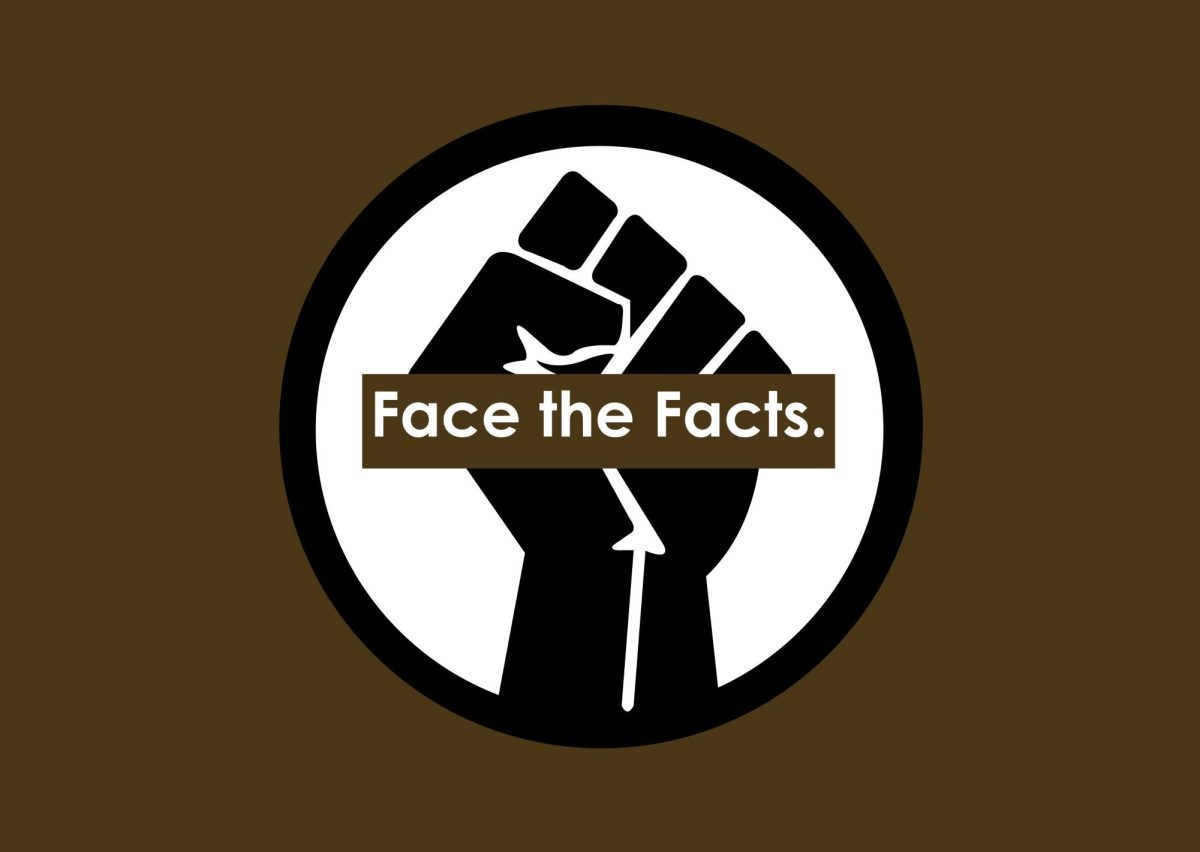
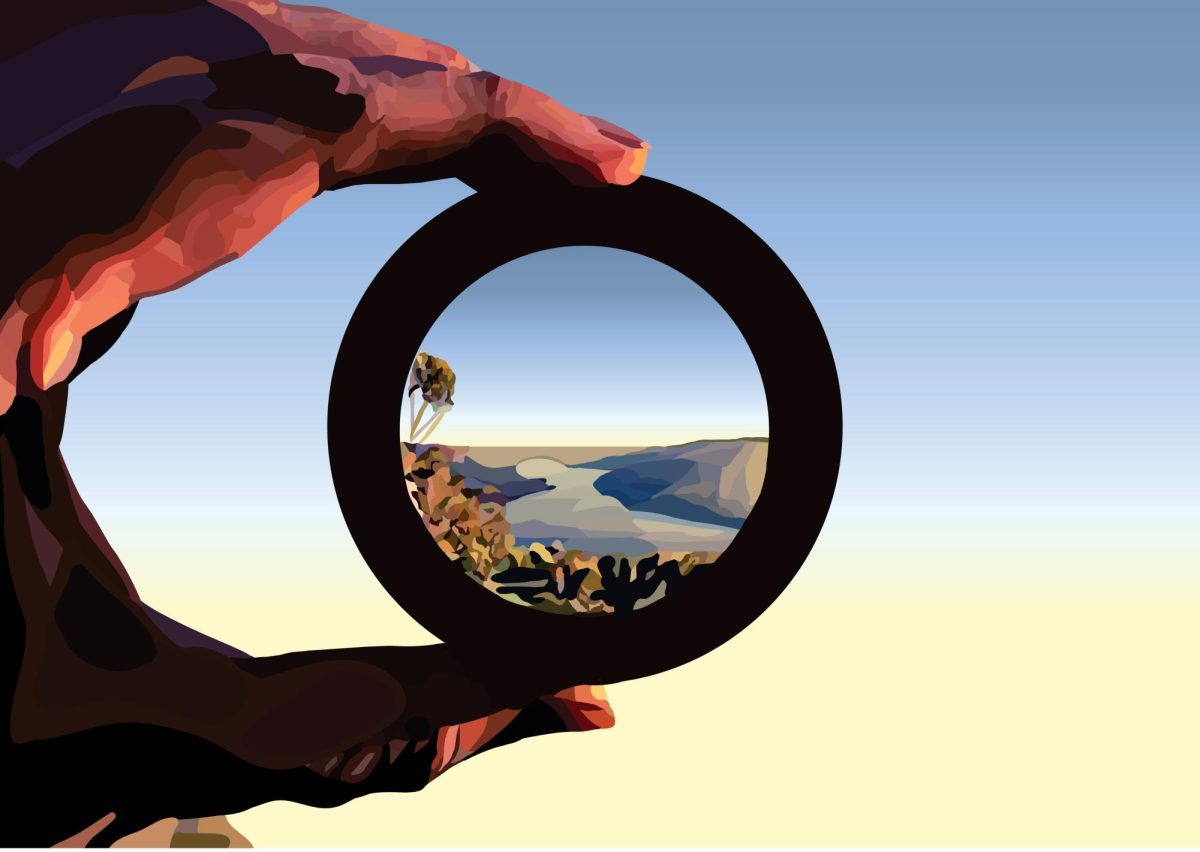



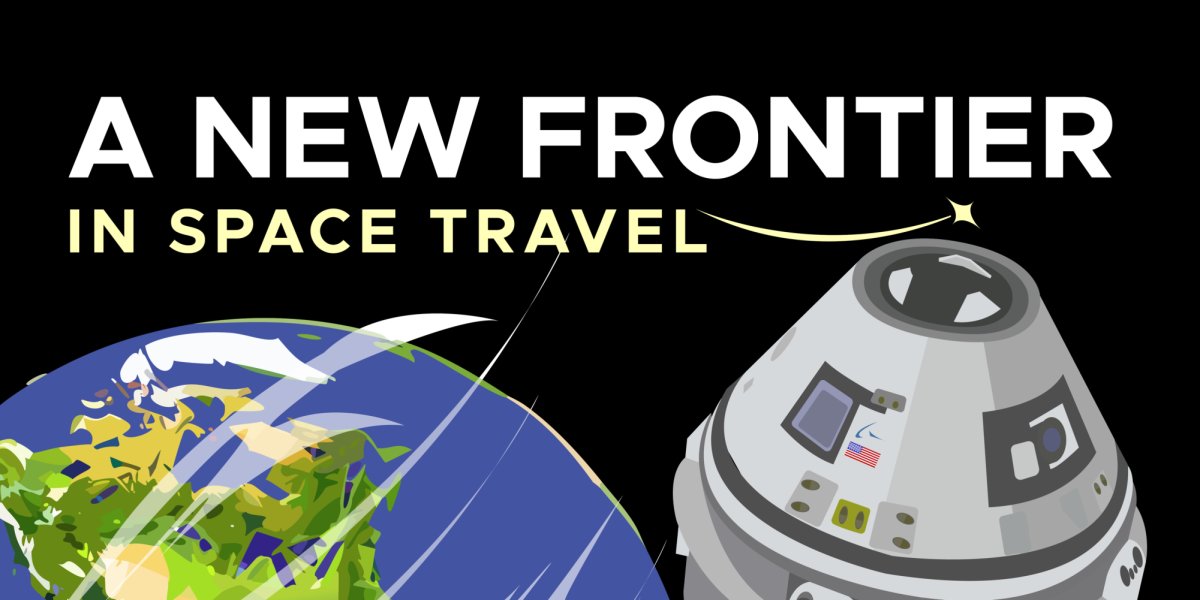



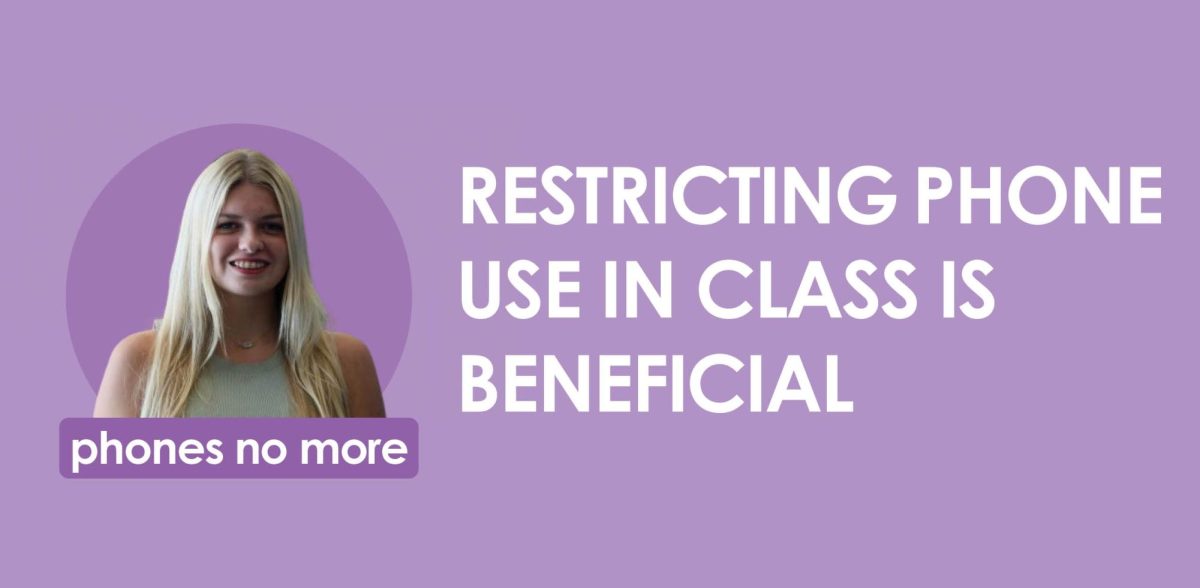
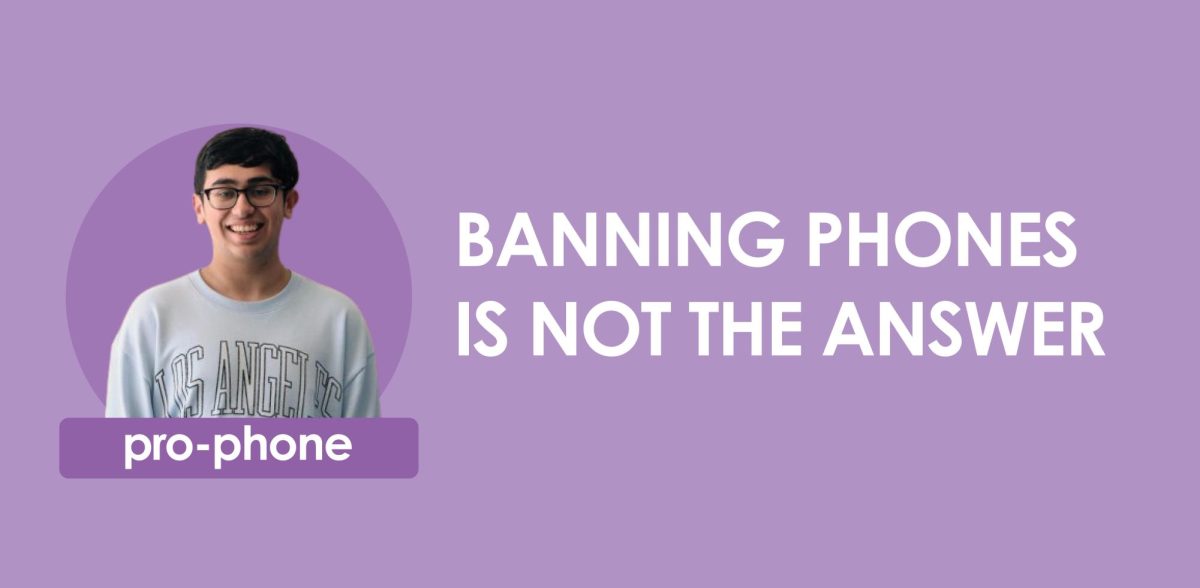
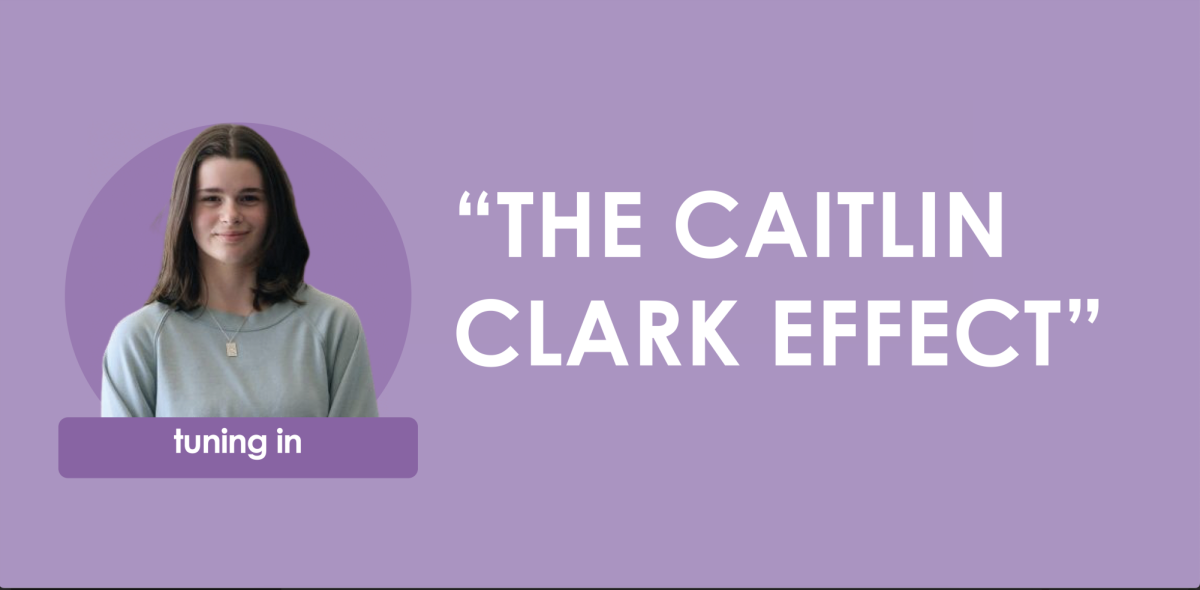
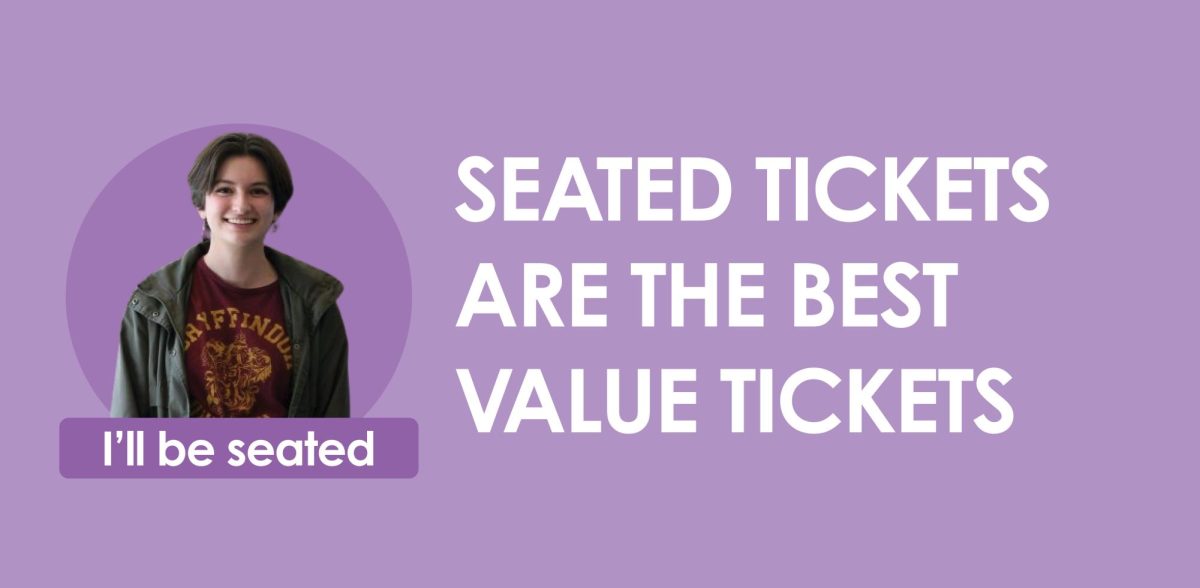
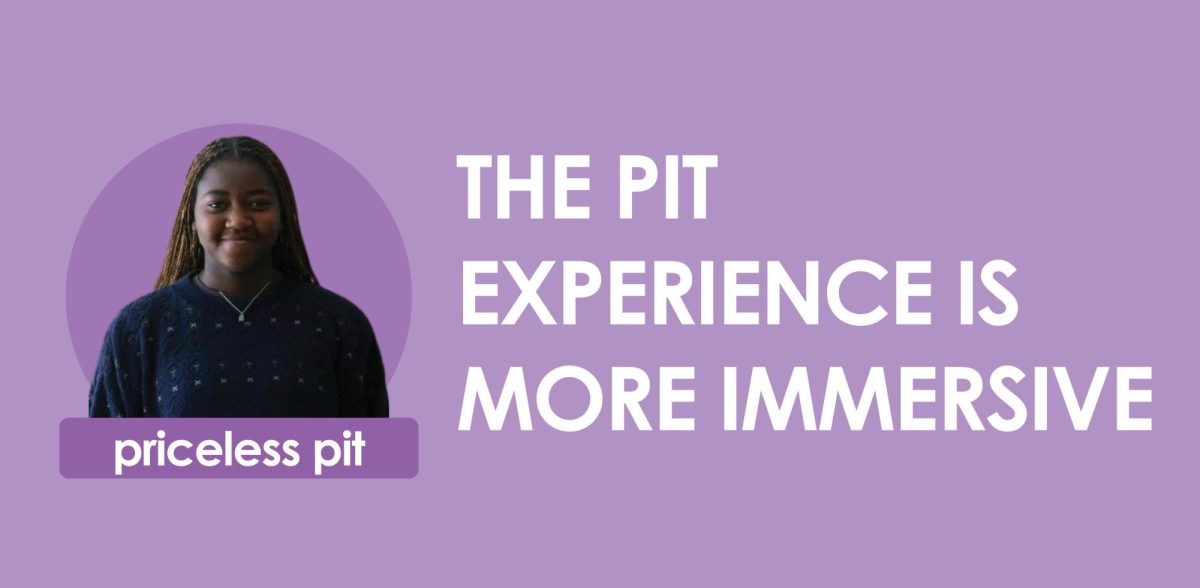
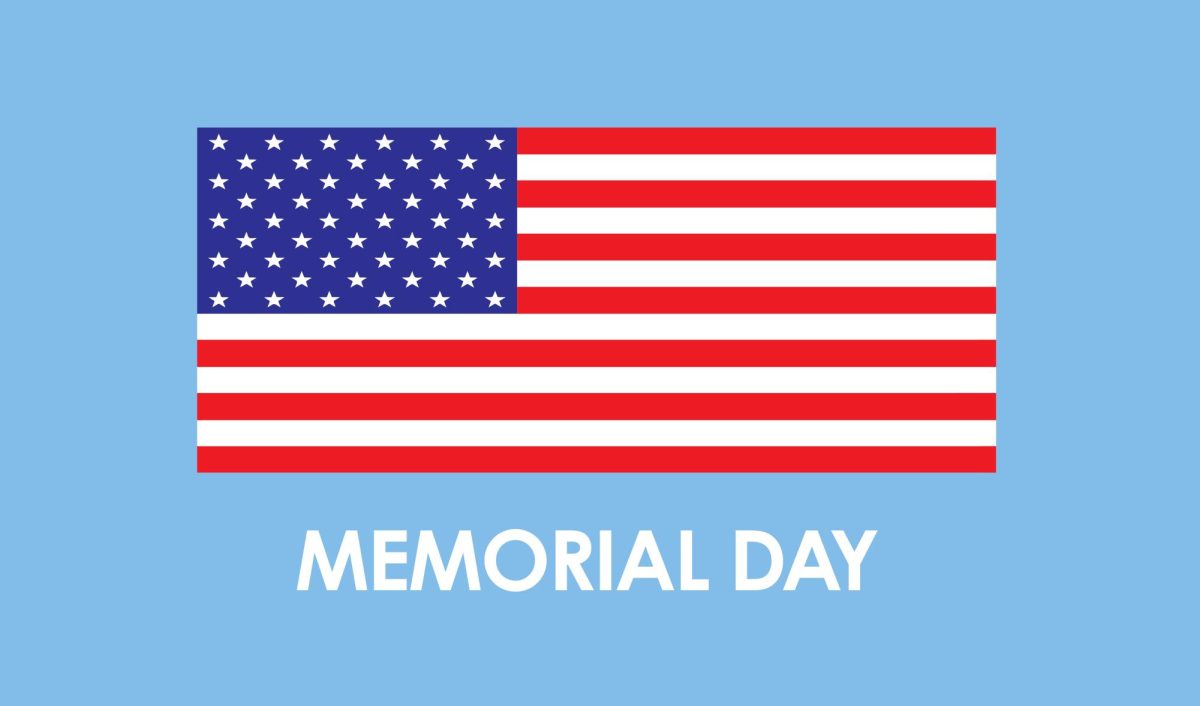


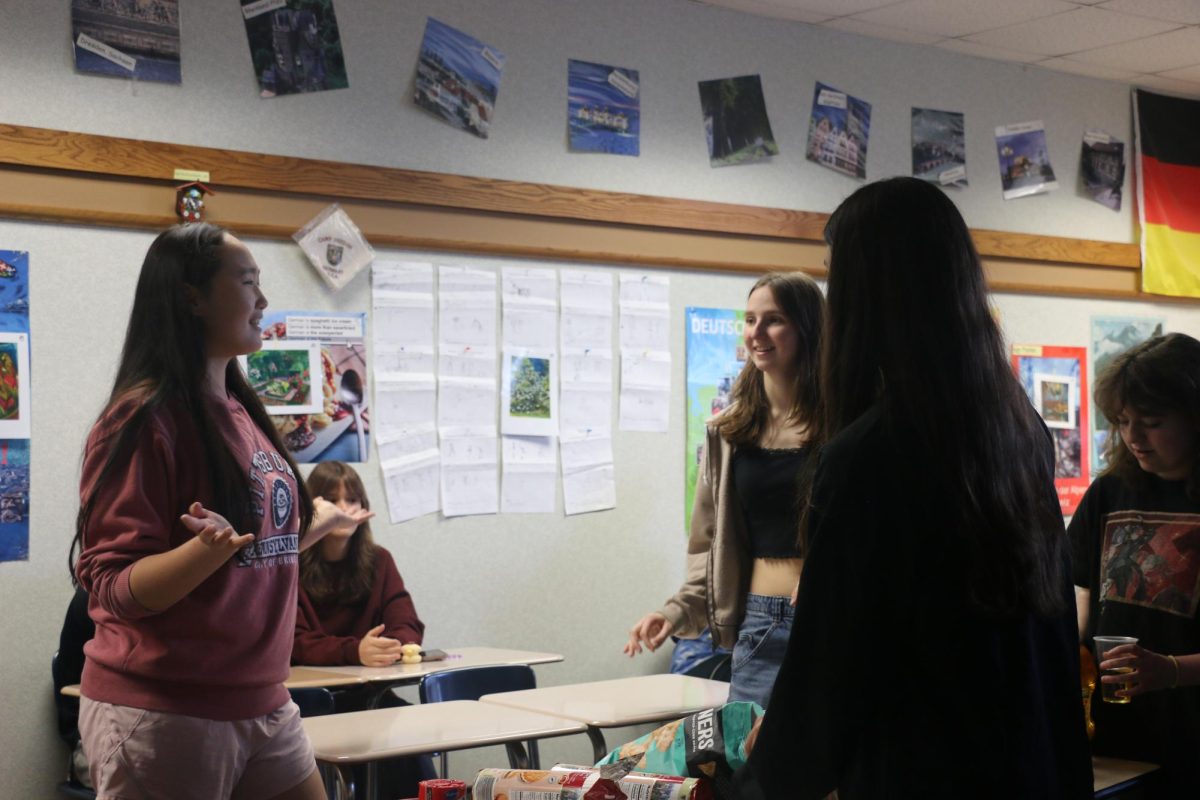

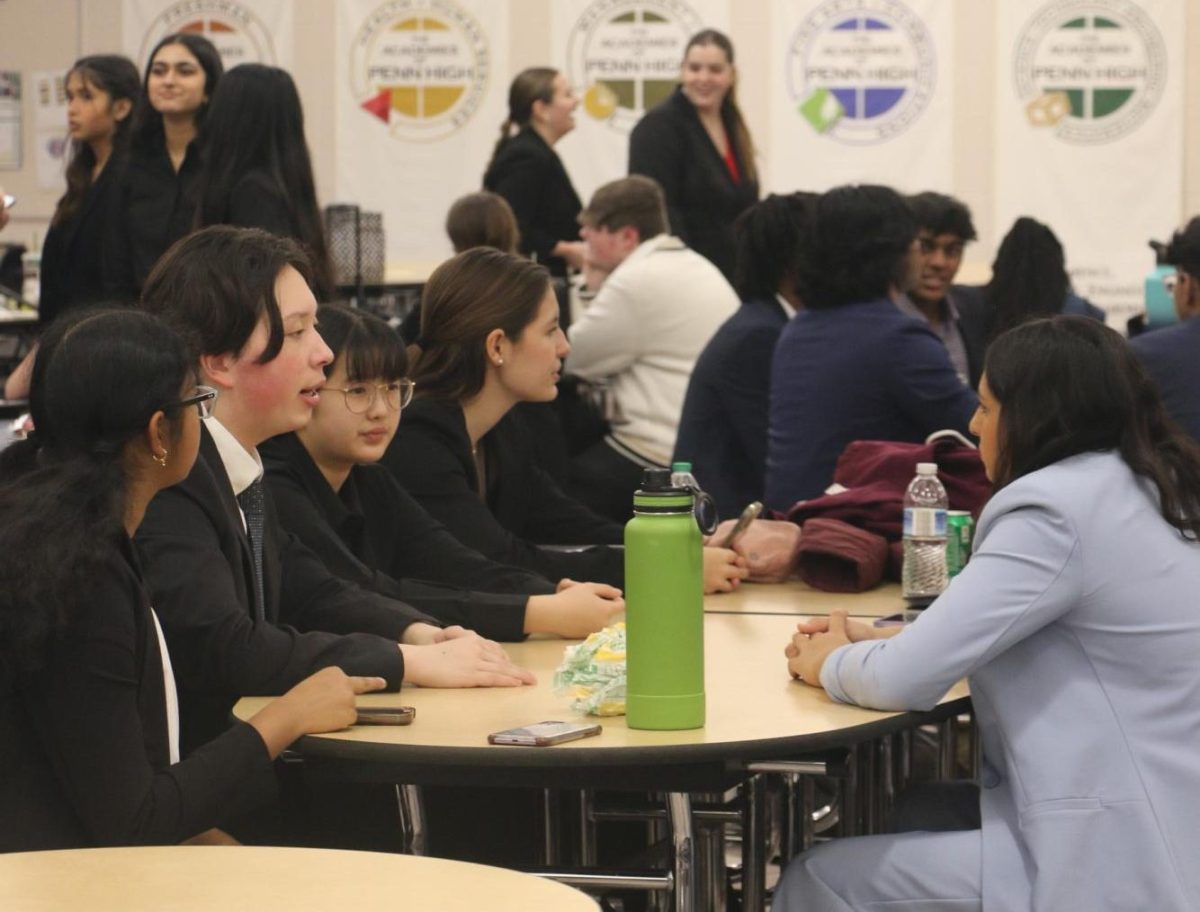
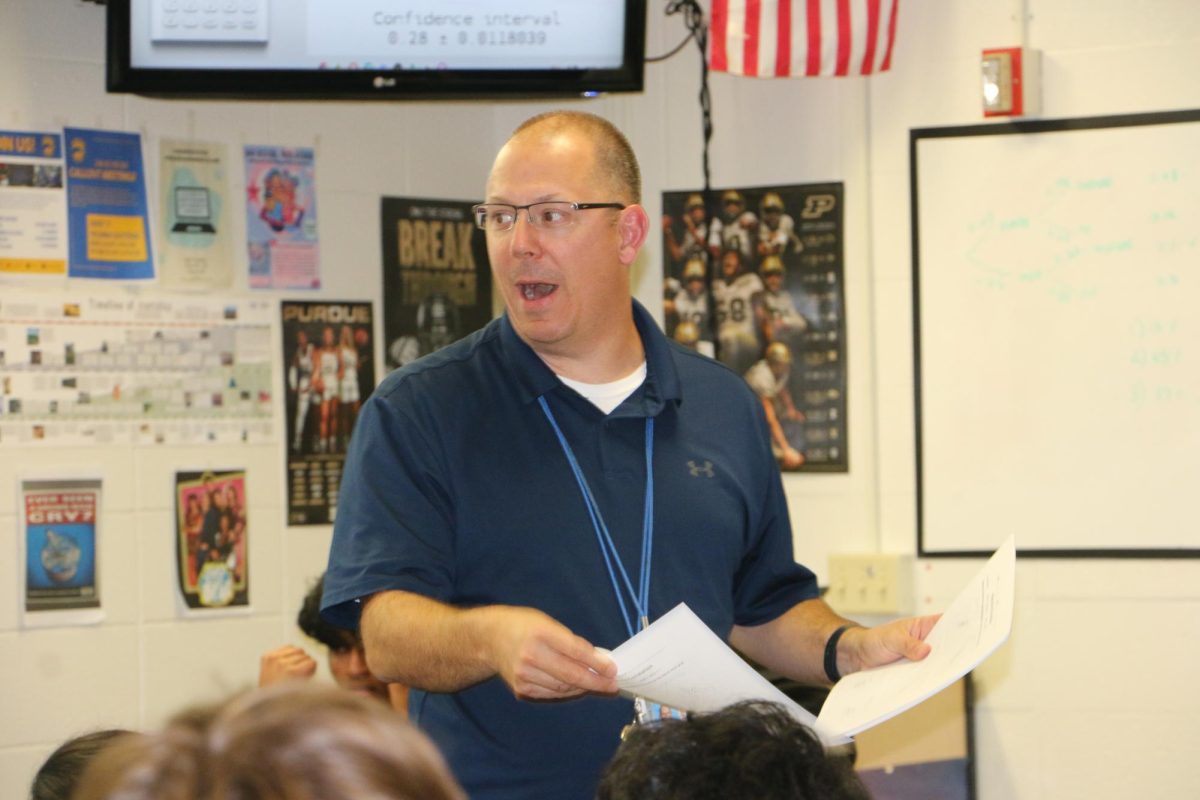








![Family vlogger controversy, need for content reform [opinion]](https://hilite.org/wp-content/uploads/2024/05/Screenshot-2024-05-14-11.33.37-AM-1200x465.png)
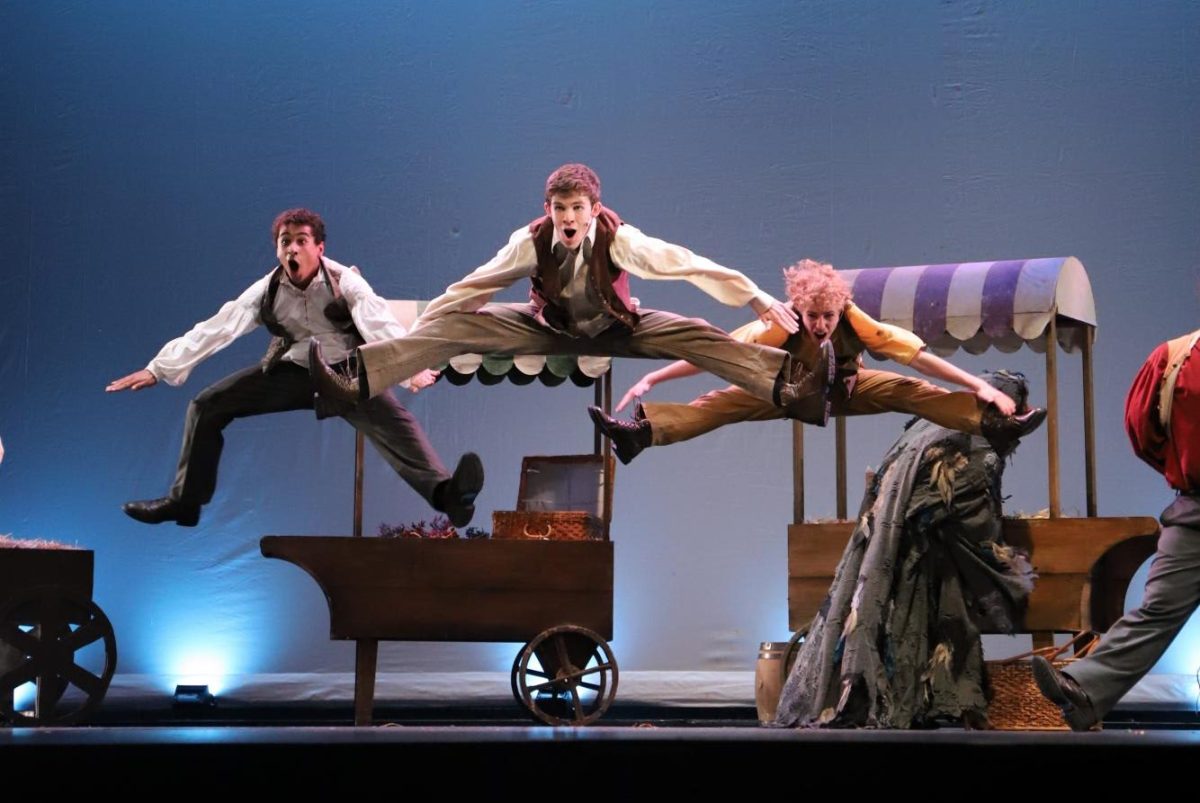
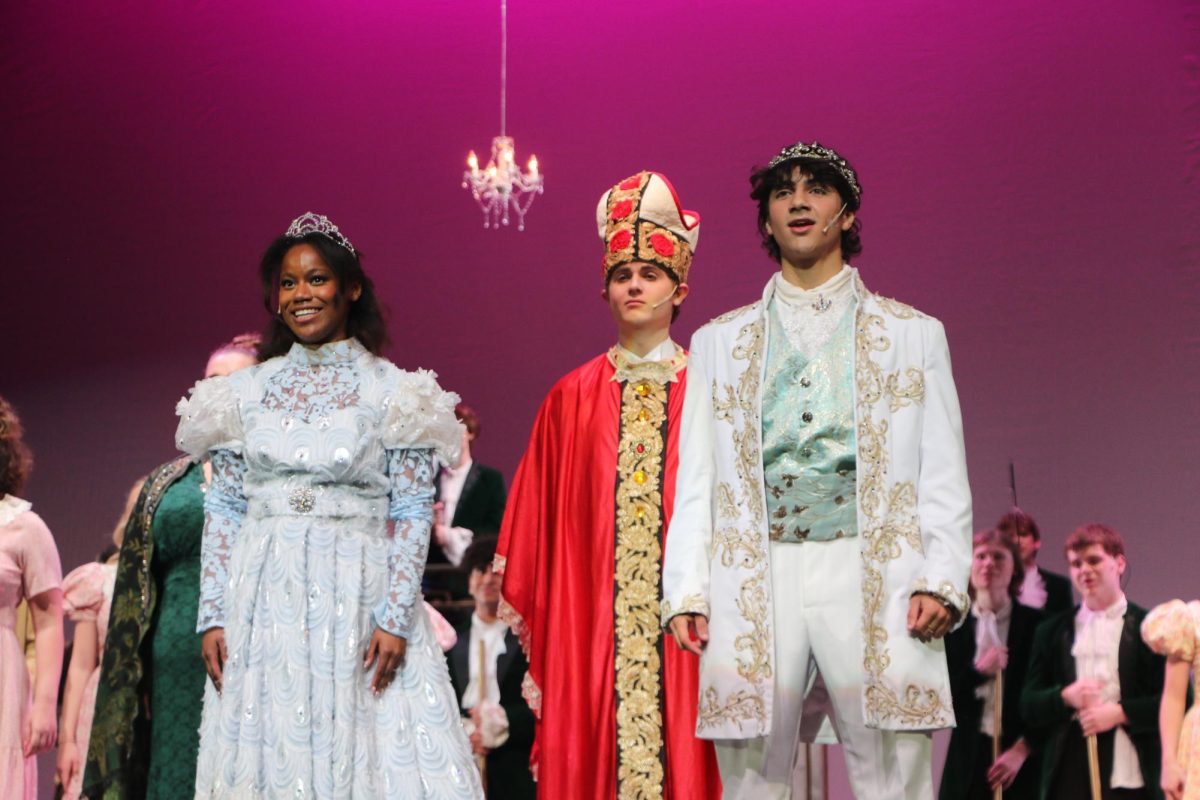
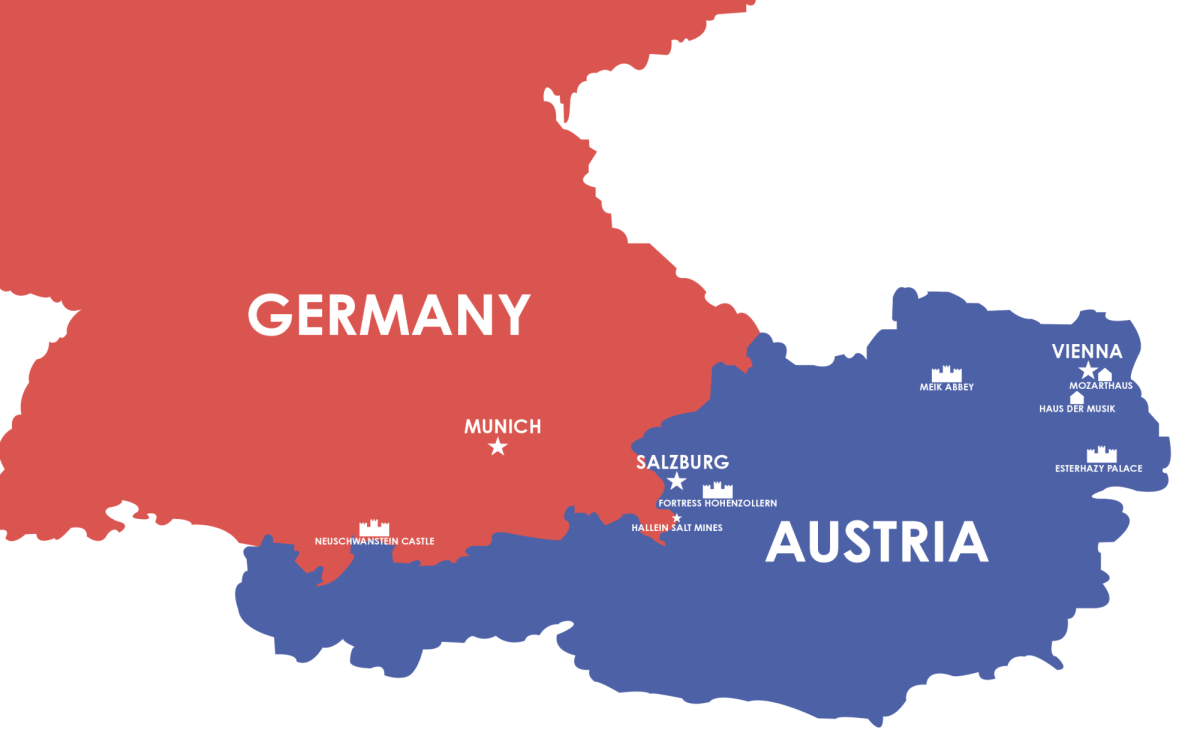
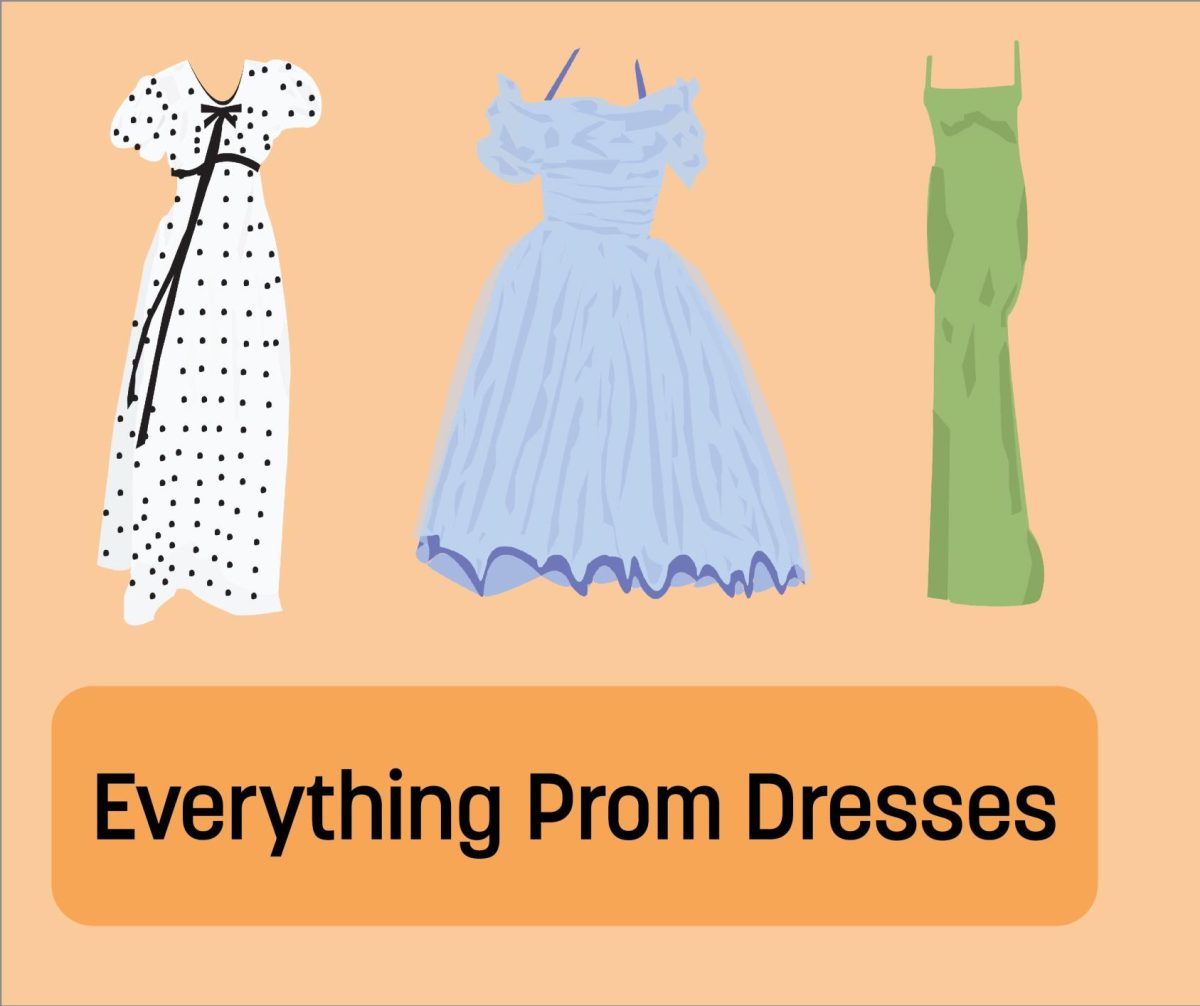

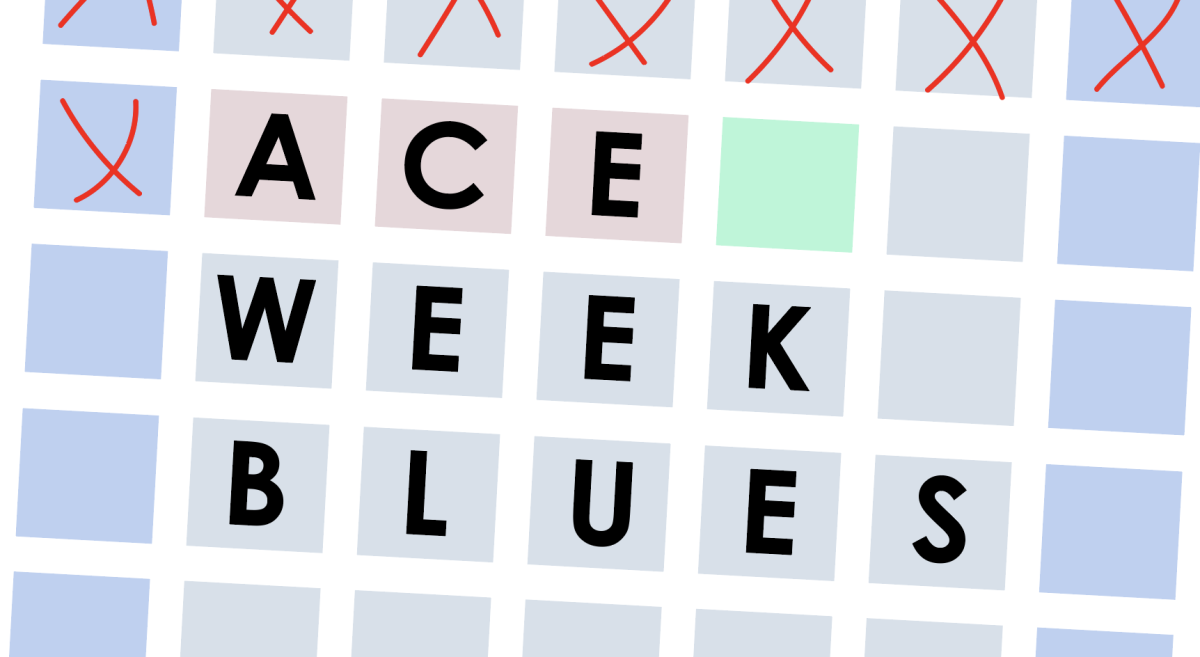
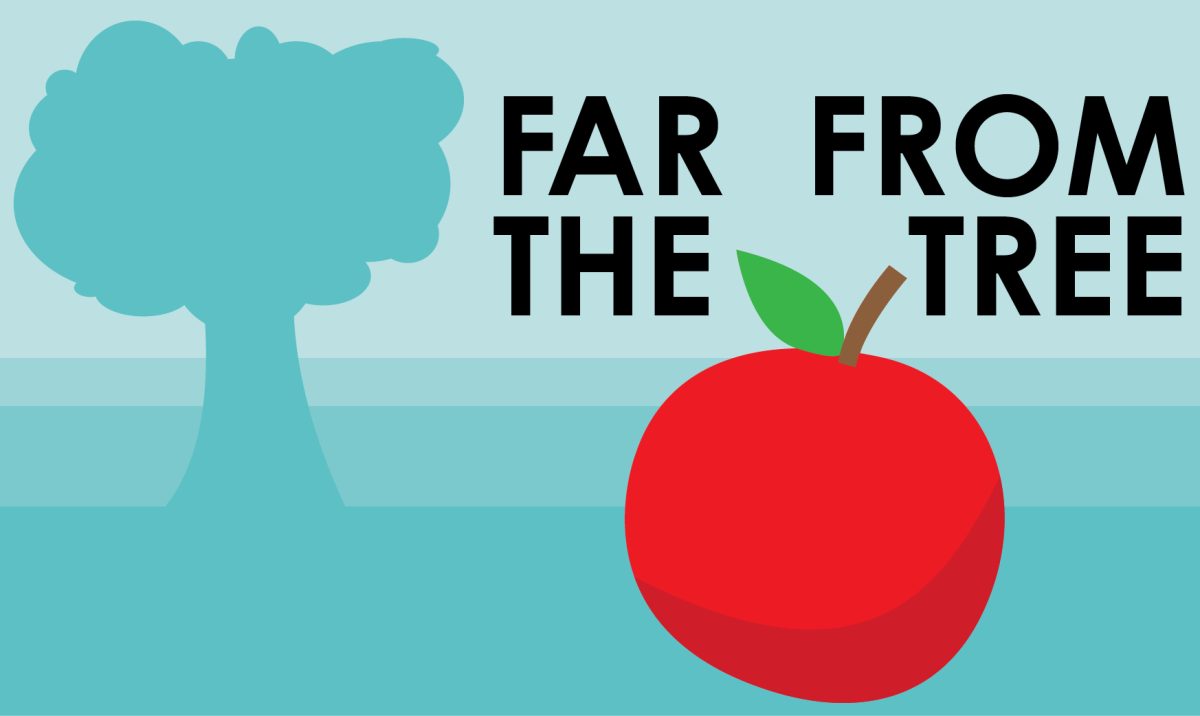
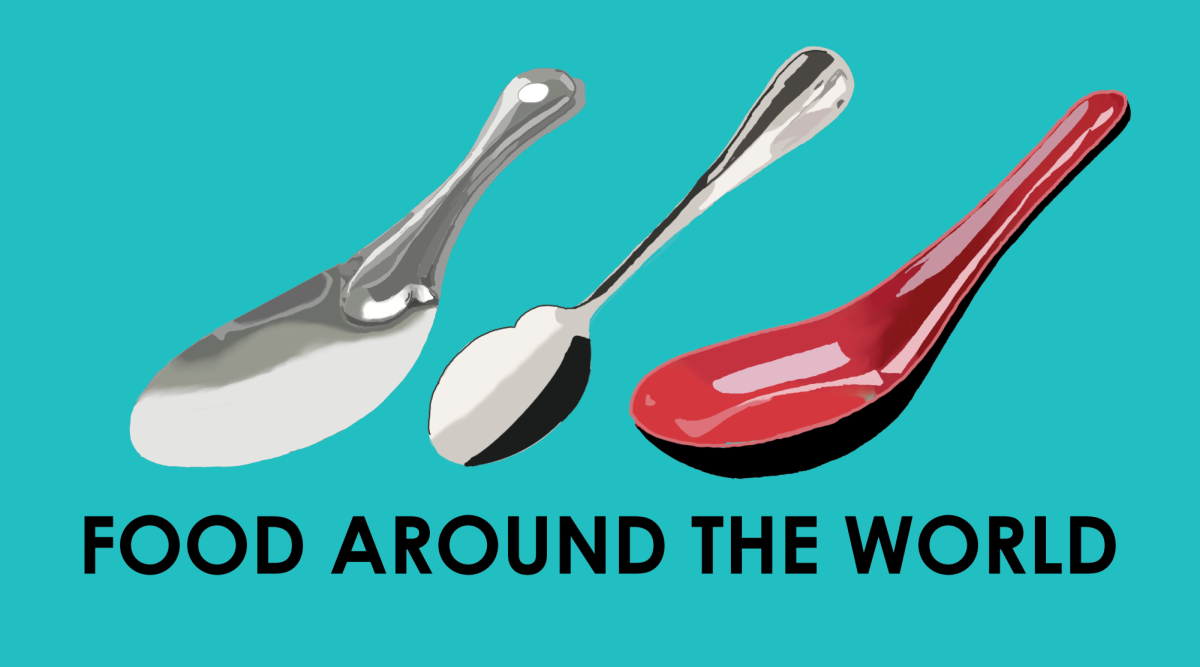
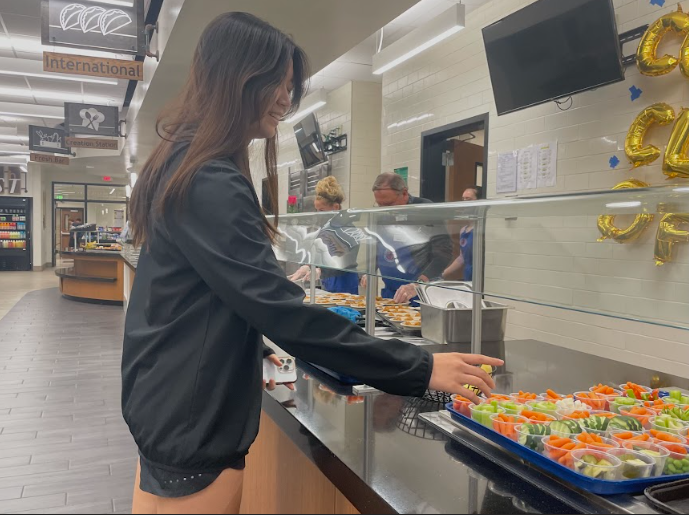





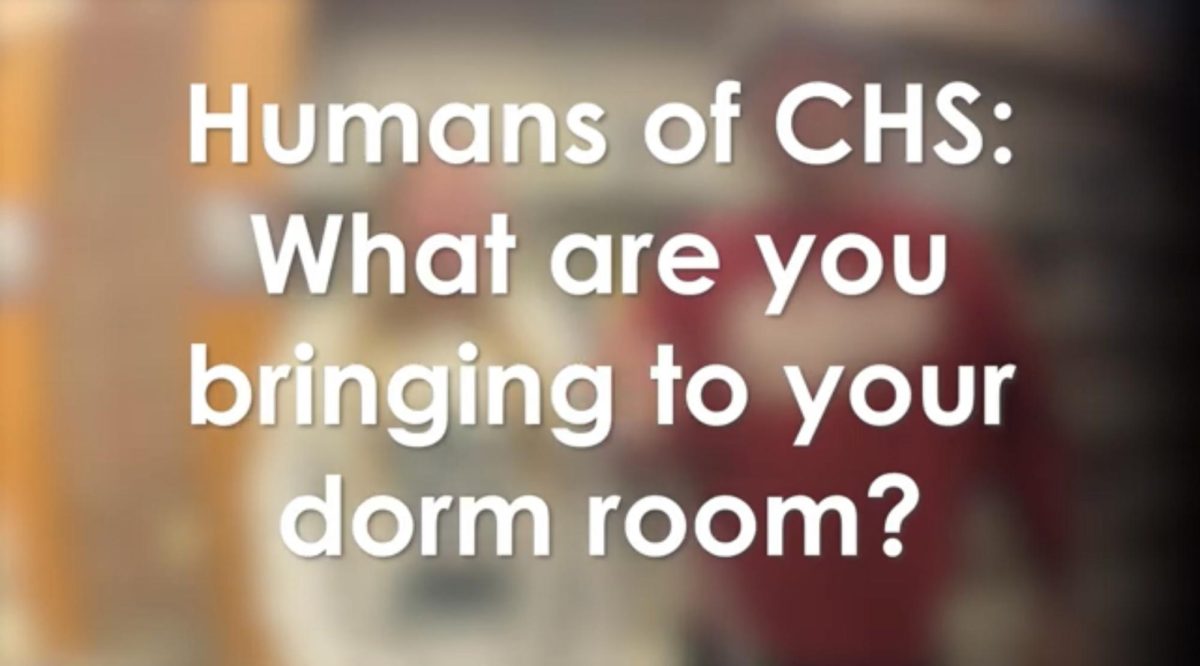









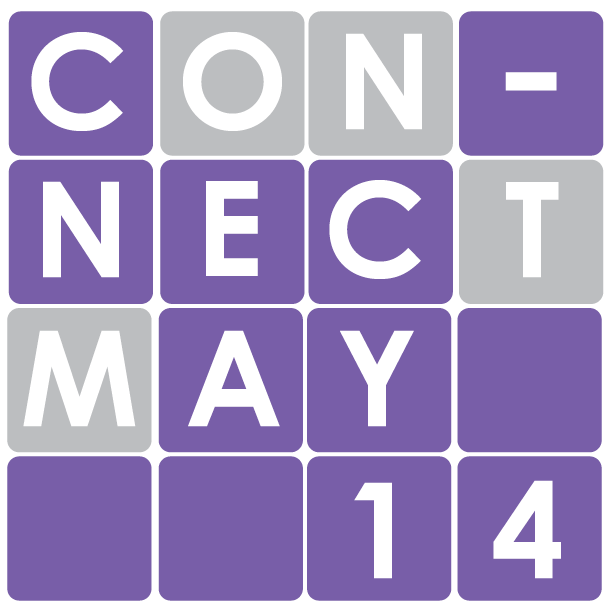
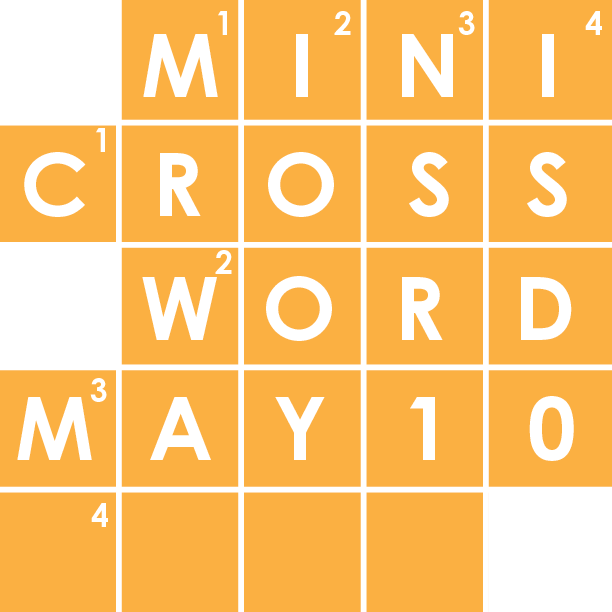
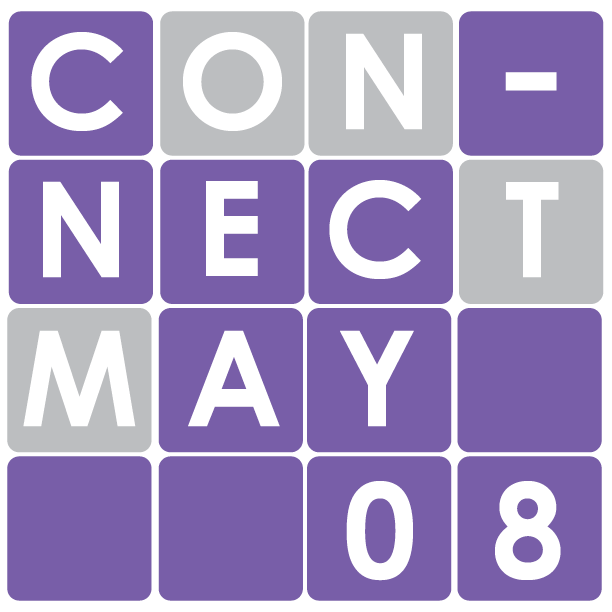
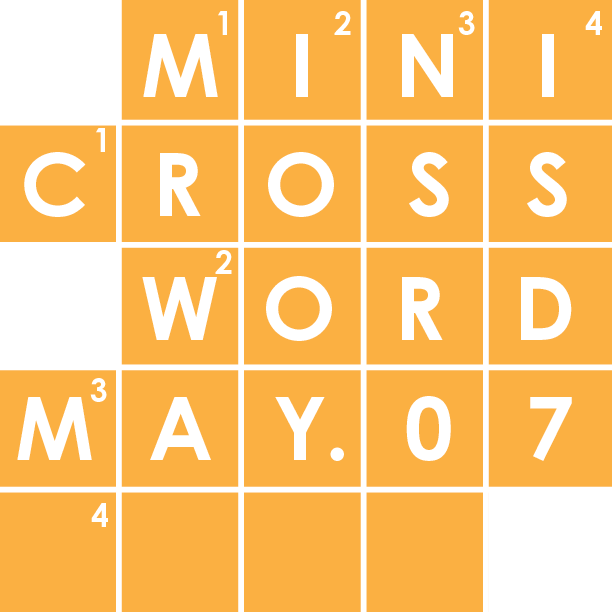
![Review: Taylor Swift’s new album The Tortured Poets Department is not her best work but is still a brilliant album [MUSE]](https://hilite.org/wp-content/uploads/2024/05/The-Anthology_Cover-1200x675.webp)
![Review: Challengers does it all [MUSE]](https://hilite.org/wp-content/uploads/2024/05/challengers-poster-1200x600.png)
![Review: A House of Flame and Shadow by Sarah J. Maas was a disappointing read [MUSE]](https://hilite.org/wp-content/uploads/2024/05/house-of-flame-and-shadow-feature.png)
![Review: Conan Gray’s new album, “Found Heaven”, is a refreshing twist on modern music [MUSE]](https://hilite.org/wp-content/uploads/2024/05/Screenshot-2023-10-31-at-16.01.05.webp)
![Review: “Bodies, Bodies, Bodies” is the quintessential Gen-Z movie [MUSE]](https://hilite.org/wp-content/uploads/2024/05/Screenshot-2024-05-15-140618.png)
![Review in Print: Maripaz Villar brings a delightfully unique style to the world of WEBTOON [MUSE]](https://hilite.org/wp-content/uploads/2023/12/maripazcover-1200x960.jpg)
![Review: “The Sword of Kaigen” is a masterpiece [MUSE]](https://hilite.org/wp-content/uploads/2023/11/Screenshot-2023-11-26-201051.png)
![Review: Gateron Oil Kings, great linear switches, okay price [MUSE]](https://hilite.org/wp-content/uploads/2023/11/Screenshot-2023-11-26-200553.png)
![Review: “A Haunting in Venice” is a significant improvement from other Agatha Christie adaptations [MUSE]](https://hilite.org/wp-content/uploads/2023/11/e7ee2938a6d422669771bce6d8088521.jpg)
![Review: A Thanksgiving story from elementary school, still just as interesting [MUSE]](https://hilite.org/wp-content/uploads/2023/11/Screenshot-2023-11-26-195514-987x1200.png)
![Review: When I Fly Towards You, cute, uplifting youth drama [MUSE]](https://hilite.org/wp-content/uploads/2023/09/When-I-Fly-Towards-You-Chinese-drama.png)
![Postcards from Muse: Hawaii Travel Diary [MUSE]](https://hilite.org/wp-content/uploads/2023/09/My-project-1-1200x1200.jpg)
![Review: Ladybug & Cat Noir: The Movie, departure from original show [MUSE]](https://hilite.org/wp-content/uploads/2023/09/Ladybug__Cat_Noir_-_The_Movie_poster.jpg)
![Review in Print: Hidden Love is the cute, uplifting drama everyone needs [MUSE]](https://hilite.org/wp-content/uploads/2023/09/hiddenlovecover-e1693597208225-1030x1200.png)
![Review in Print: Heartstopper is the heartwarming queer romance we all need [MUSE]](https://hilite.org/wp-content/uploads/2023/08/museheartstoppercover-1200x654.png)











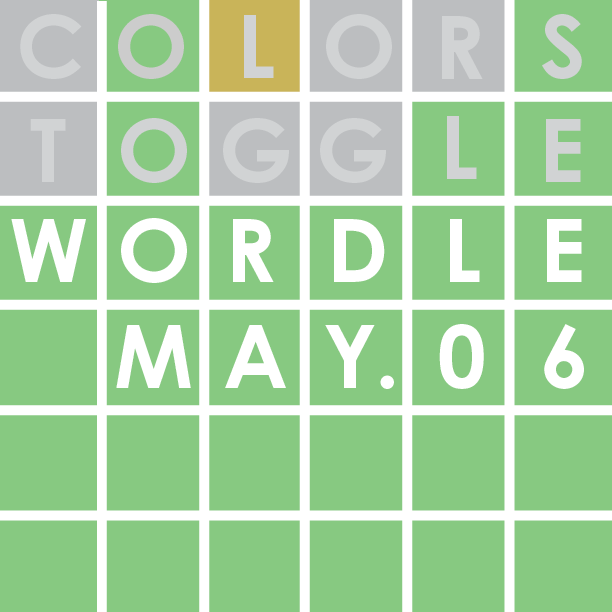

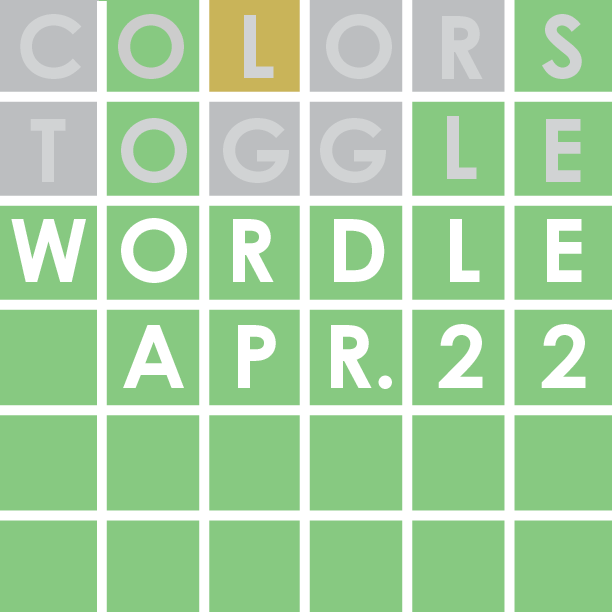

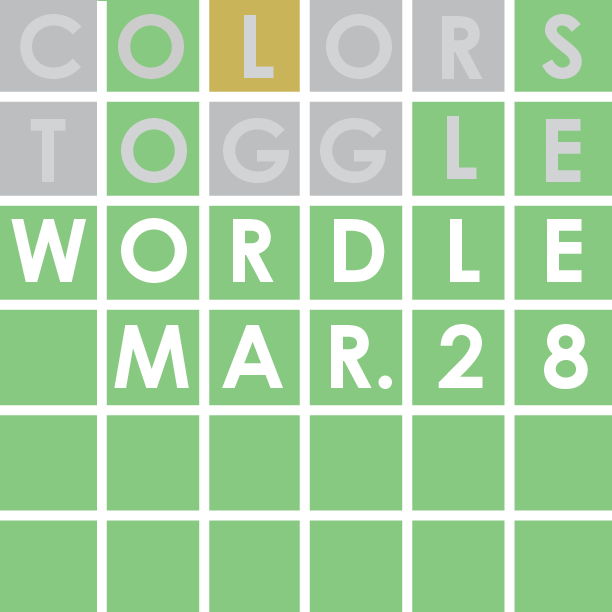






![Review: “Ginny & Georgia” is a dramatic and poorly made emotional rollercoaster–and I loved it anyway [MUSE]](https://hilite.org/wp-content/uploads/2024/03/ginny-and-georgia-season2-main-be37bbb9487a41e88b3f66c3baacd5c3-300x177.jpg)
![Review: Witch Hat Atelier is a masterpiece in art and world-building, but the story has only begun [MUSE]](https://hilite.org/wp-content/uploads/2024/01/unnamed-211x300.png)
![Review: “Mysterious Lotus Casebook” is an amazing historical Chinese drama [MUSE]](https://hilite.org/wp-content/uploads/2024/03/0-300x170.webp)
![Review: “A Little Life” by Hanya Yanagihara is the epitome of a heartwrenching masterpiece [MUSE]](https://hilite.org/wp-content/uploads/2024/01/unnamed-5-300x200.png)

